Gates Foundation Launches 8-Year Contraceptive in Kenya Amid Debate Over Global Population Policies
Jamaica Live International News– | Aug 20, 2025
The Bill & Melinda Gates Foundation has announced the launched what they dubbed as groundbreaking contraceptive — a hormonal intrauterine device (IUD) capable of preventing pregnancy for up to eight years. Kenya, alongside Nigeria and India, is among the first countries to benefit from this initiative, which is part of a $2.5 billion investment in women’s health and reproductive rights.
A New Option for Family Planning
This innovative IUD is the first of its kind globally, offering one of the longest-lasting, low-maintenance contraceptive solutions available. Designed to address barriers such as cost, limited availability, and lack of access to reliable information, the device is positioned as a step forward in expanding family planning options for women in low- and middle-income countries.
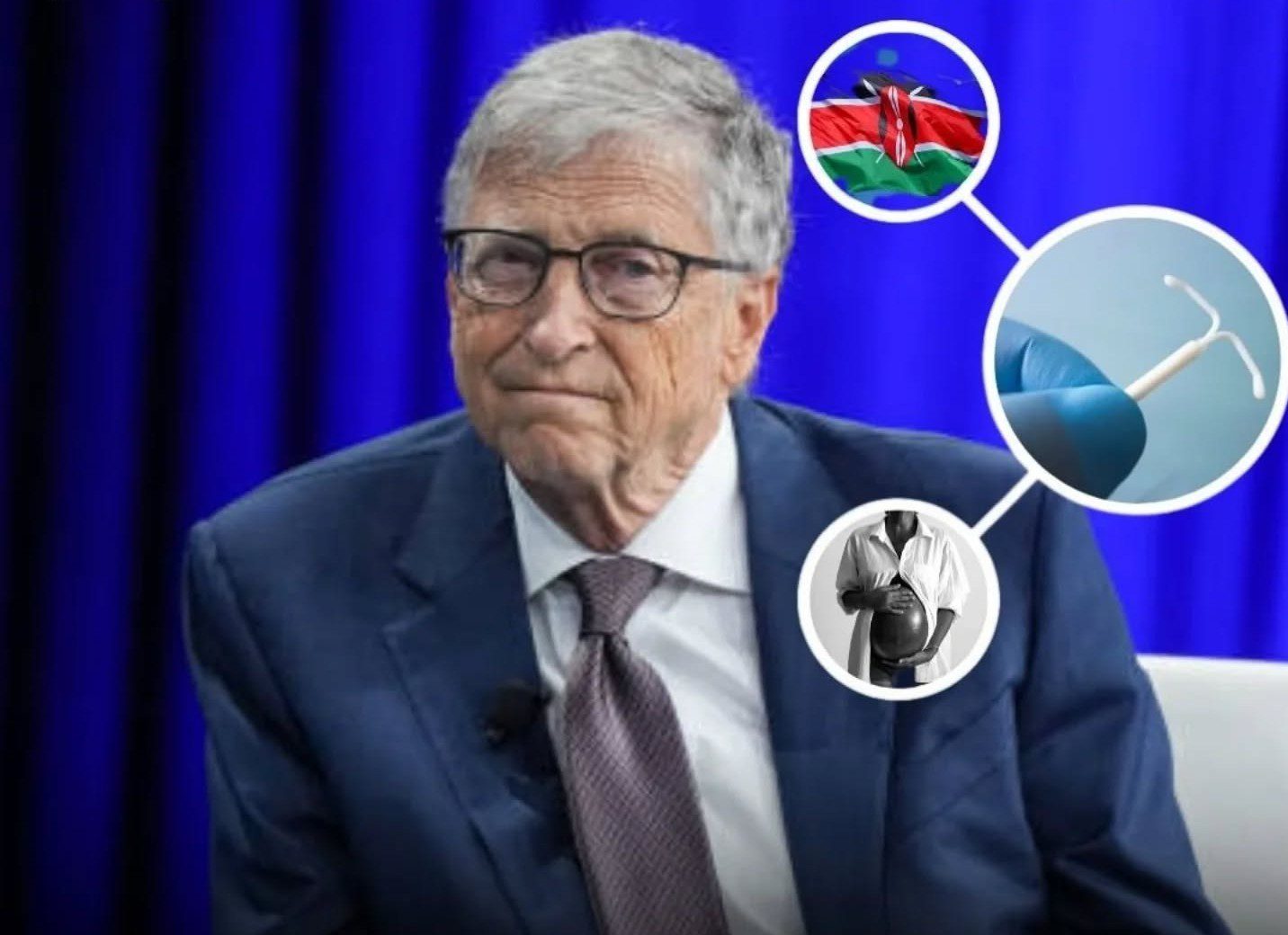
The Gates Foundation says the initiative is about empowerment: ensuring that women have the tools to make informed, voluntary decisions about their reproductive futures. By providing an option that does not require frequent clinic visits or daily attention, the IUD seeks to reduce unintended pregnancies and improve long-term health outcomes for women and families.
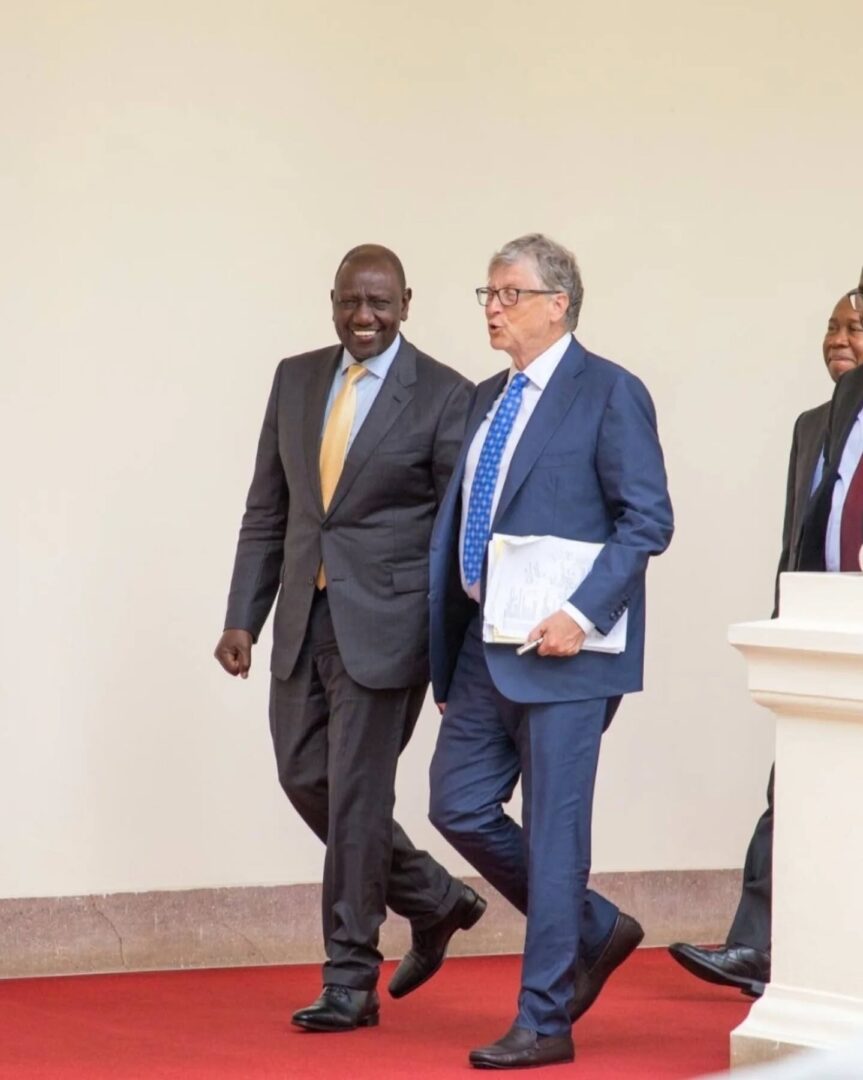
Africa at the Center of Global Population Growth
The rollout comes against the backdrop of a shifting global population. In 2022, the world passed 8 billion people. Demographers project that by 2050, the figure could rise to 9.5 billion.
Much of that growth will take place in Africa, where the population is expected to double by 2070. The United Nations forecasts the continent will be home to around 3.2 billion people — nearly one-third of the world’s population.
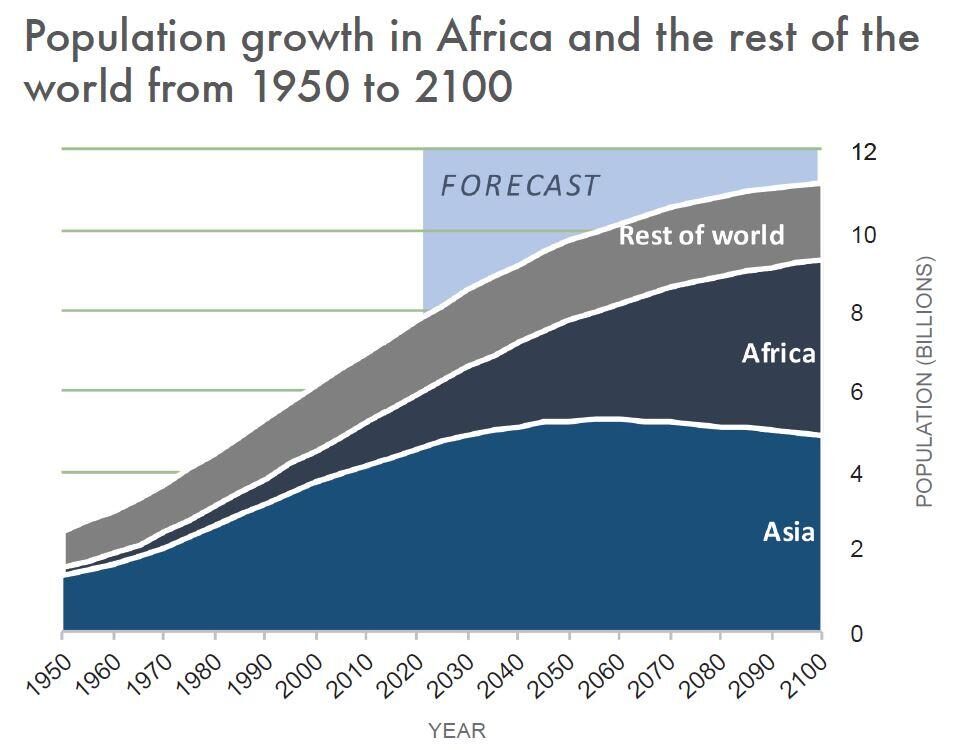
This demographic reality is often framed both as an opportunity and a challenge: a young, growing population could fuel economic growth, but rapid expansion may also strain health systems, education, infrastructure, and the environment.
The question many are now asking is this: why is Africa such a concern for Bill Gates, and what gives him the authority to dictate the future of the world’s population? In a 2018 interview with the Financial Times’ Vanessa Kortekaas, Gates warned that with Africa’s population projected to double by 2050, hard-won progress in reducing poverty could be at risk. Speaking in the context of the Gates Foundation’s Goalkeepers Report — which tracks global levels of poverty and disease — Gates positioned Africa’s demographic boom as a challenge with worldwide implications.
Support and Skepticism
While many health experts praise the Gates Foundation for expanding reproductive choice and reducing barriers to contraception, the initiative has also drawn criticism and suspicion.
Skeptics point to Bill Gates’s long-documented comments on population control and question why such initiatives are primarily targeted at African and Asian countries rather than in the West, where declining birth rates are now a growing concern.
Critics argue that despite the Gates Foundation’s emphasis on voluntary family planning, the heavy focus on Africa fuels narratives of population engineering. Videos of Gates discussing population and development have circulated widely online, adding fuel to these concerns.
Figures like Elon Musk have further complicated the debate by warning of the opposite problem: falling birth rates, particularly in Western nations. Musk has argued that low fertility rates in white-majority countries pose an existential risk to global innovation and stability, a stark contrast to the Gates Foundation’s focus on limiting unintended pregnancies in the Global South.
Empowerment vs. Control
The Gates Foundation maintains that its efforts are rooted in reproductive rights, not coercion. By expanding access to modern contraceptives, it says it is responding to the unmet needs of millions of women who want reliable, long-term birth control but face cultural, financial, or logistical obstacles.
Yet the political and cultural implications of such programs cannot be ignored. In regions where family size is deeply tied to cultural, economic, and even spiritual values, initiatives backed by Western billionaires often spark distrust.
“It’s a kind of laboratory to try things. When proven in India, they can then be taken to other places.”
— Bill Gates on India
In 2009, the American NGO PATH (Program for Appropriate Technology in Health) — funded by the Bill & Melinda Gates Foundation — partnered with India’s Indian Council of Medical Research (ICMR) to conduct clinical trials of a cervical cancer vaccine on 14,000 tribal schoolgirls aged 9–14 in Telangana’s Khammam district and in Vadodara, Gujarat.
What followed has been described by rights activists as a dark chapter in global health experiments:
- Misrepresentation of the Program
The trial was presented as a public health initiative, concealing the fact that it was an experimental clinical trial. Many parents and children believed they were simply receiving routine healthcare support. - Lack of Informed Consent
Consent forms were reportedly not explained to the girls or their families. In many cases, they were signed by hostel wardens, bypassing parents entirely. This raised alarms about blatant violations of medical ethics. - Exploitation of the Vulnerable
Targeting marginalized tribal populations — among the most vulnerable and least educated groups in India — exposed how global health initiatives can exploit communities with limited awareness and access to proper healthcare. - Adverse Effects and Deaths
Months after the vaccinations, several girls fell seriously ill, and at least seven deaths were reported. While official investigations later claimed the deaths were due to unrelated causes like infections and suicides, the timing and circumstances left deep scars of mistrust. PATH denied any direct link between the vaccine and the fatalities.
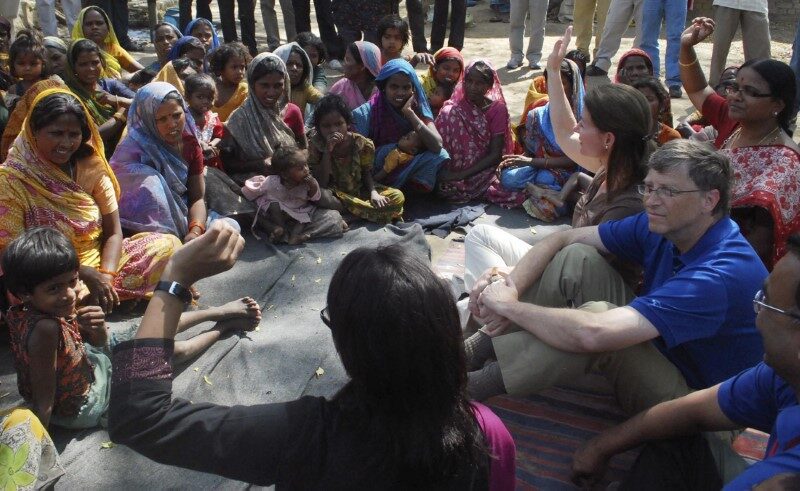
This incident triggered a wave of outrage in India and abroad. Lawmakers, health experts, and activists accused PATH and its backers of treating poor populations as test subjects. The Indian parliamentary committee investigating the case described it as a “serious breach of ethics” and slammed both PATH and ICMR for their role.
Yet, despite the uproar, PATH and other Gates-funded initiatives continue to operate across India and Africa. Critics argue that behind the language of philanthropy and global health lies a troubling pattern: experiments and clinical trials often carried out on the poor, uneducated, and politically powerless — populations least equipped to resist or demand accountability.
The unsettling question remains: how many other Gates-backed trials are quietly unfolding in the Global South under the banner of “public health”?
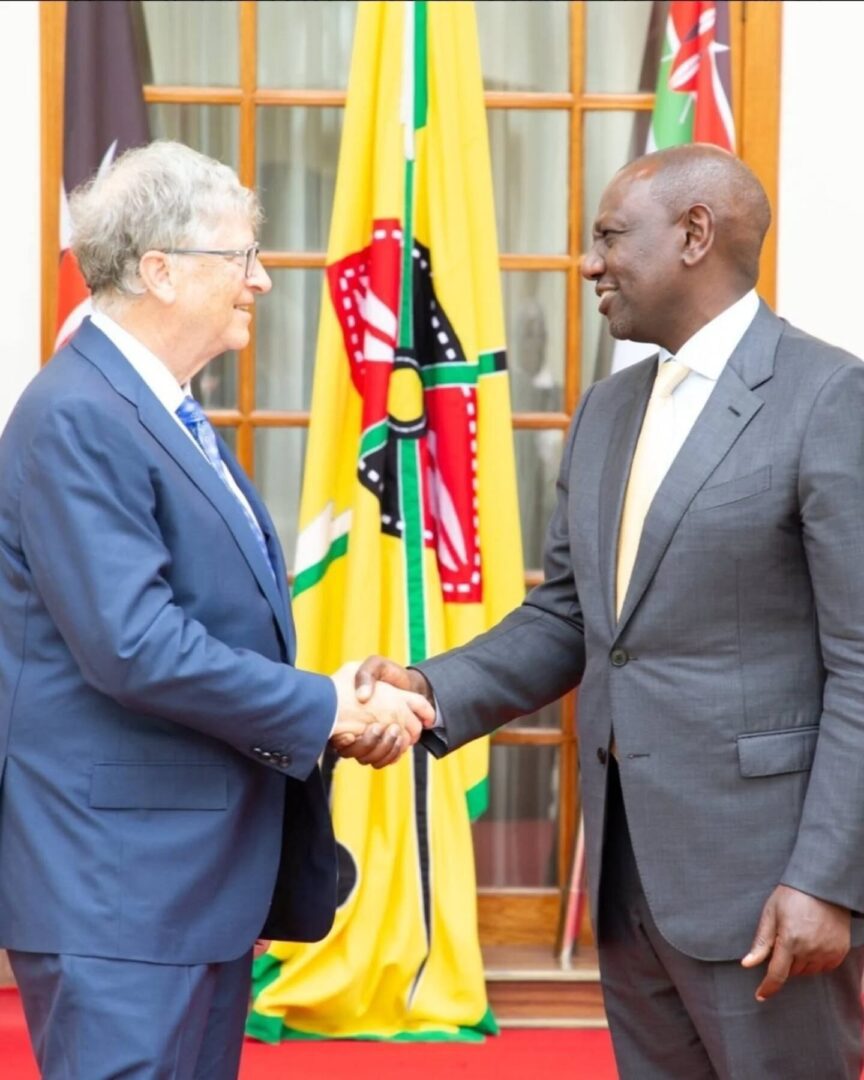
The Global Future of Family Planning
The foundation’s family planning initiatives in Africa have faced debate and criticism. Some express concerns about the ethical implications of externally funded family planning initiatives in Africa, potentially viewing them as externally imposed population control. Questions have also been raised about Bill Gates’ focus on population control, despite the Gates Foundation stating their goal is to empower women and girls to make informed decisions about their reproductive health and family size.
At the same time, the initiative raises fundamental questions: Who gets to shape the future of population growth? And why is Africa — the continent with the fastest-growing population — so often at the center of these global debates.
